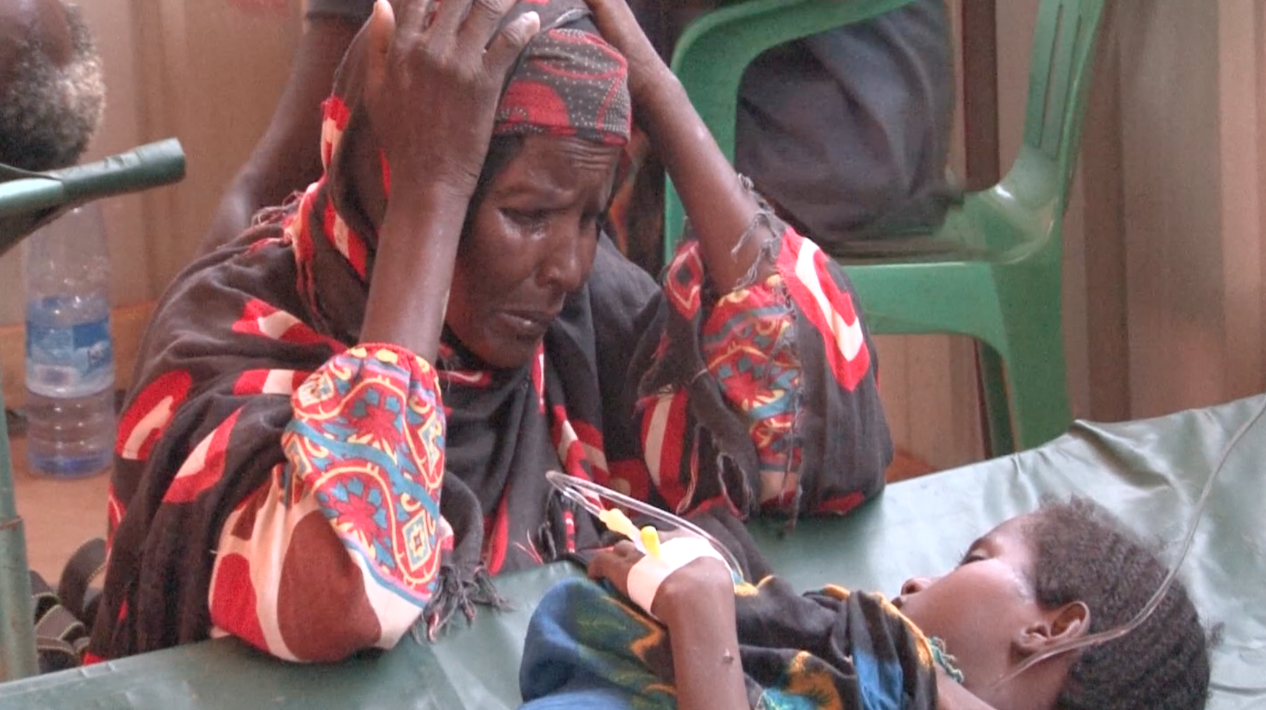Recent rains could lead to spike in child cholera cases across Horn of Africa, aid agency warns
Media Contact :
June 13, 2017
Senior Public Relations Manager
[email protected]
m 202-679-1620
Media Contact :
June 13, 2017
Senior Public Relations Manager
[email protected]
m 202-679-1620

NAIROBI (June 7, 2017) — A cholera and Acute Watery Diarrhea (AWD) outbreak in the Horn of Africa is likely to worsen after recent rains, warns humanitarian organization World Vision. Thousands of children are at increased risk, as their ability to fight diseases has decreased due to malnutrition caused by a prolonged drought affecting 22 million people in South Sudan, Somalia, Kenya, and Ethiopia.
Already, incidents of cholera/AWD have doubled in Somalia and Ethiopia this year, with the World Health Organization reporting over 67,000 cases across the two countries since January. More than 1,400 have died. New reports of cholera cases have also emerged in Kenya.
“Families have been forced to drink filthy, disease-ridden water during the drought. Recent rainfall is spreading this dirty water. There is also a lack of knowledge of hygiene and sanitation practices that would combat the spread of cholera and other water based diseases,” says Dr. Fungai Makoni, World Vision’s director of water and sanitation and hygiene for East Africa.
An estimated 9.2 million people in Ethiopia and 3.2 million in Somalia are in urgent need of water assistance. What’s more, more than one million children across Kenya, Somalia and Ethiopia have been identified as severely malnourished in drought-affected areas.
Dr. Makoni notes that cholera/AWD is transmitted by drinking unclean water and through unhygienic practices that include collection, transportation, handling and storage of water at the household level.
“To adequately combat waterborne diseases, families must have access to clean drinking water and be knowledgeable of effective handwashing practices to stop transmission of disease,” Dr. Makoni says.
A funding appeal for $110 million USD for World Vision’s response to the ongoing hunger crisis in East Africa has been launched to assist drought-affected families and combat deadly water-related diseases, including cholera, across the region.
“Children are in urgent need. We are already providing thousands with clean drinking water and food aid but the situation is overwhelming. More children will die if needs go unmet,” says Christopher Hoffman, World Vision’s Regional Humanitarian and Emergency Affairs Director.
– END –
About World Vision:
World Vision is a Christian humanitarian organization conducting relief, development, and advocacy activities in its work with children, families, and their communities in nearly 100 countries to help them reach their full potential by tackling the causes of poverty and injustice. World Vision serves all people regardless of religion, race, ethnicity, or gender. For more information, please visit www.WorldVision.org/media-center/ or on Twitter @WorldVisionUSA.